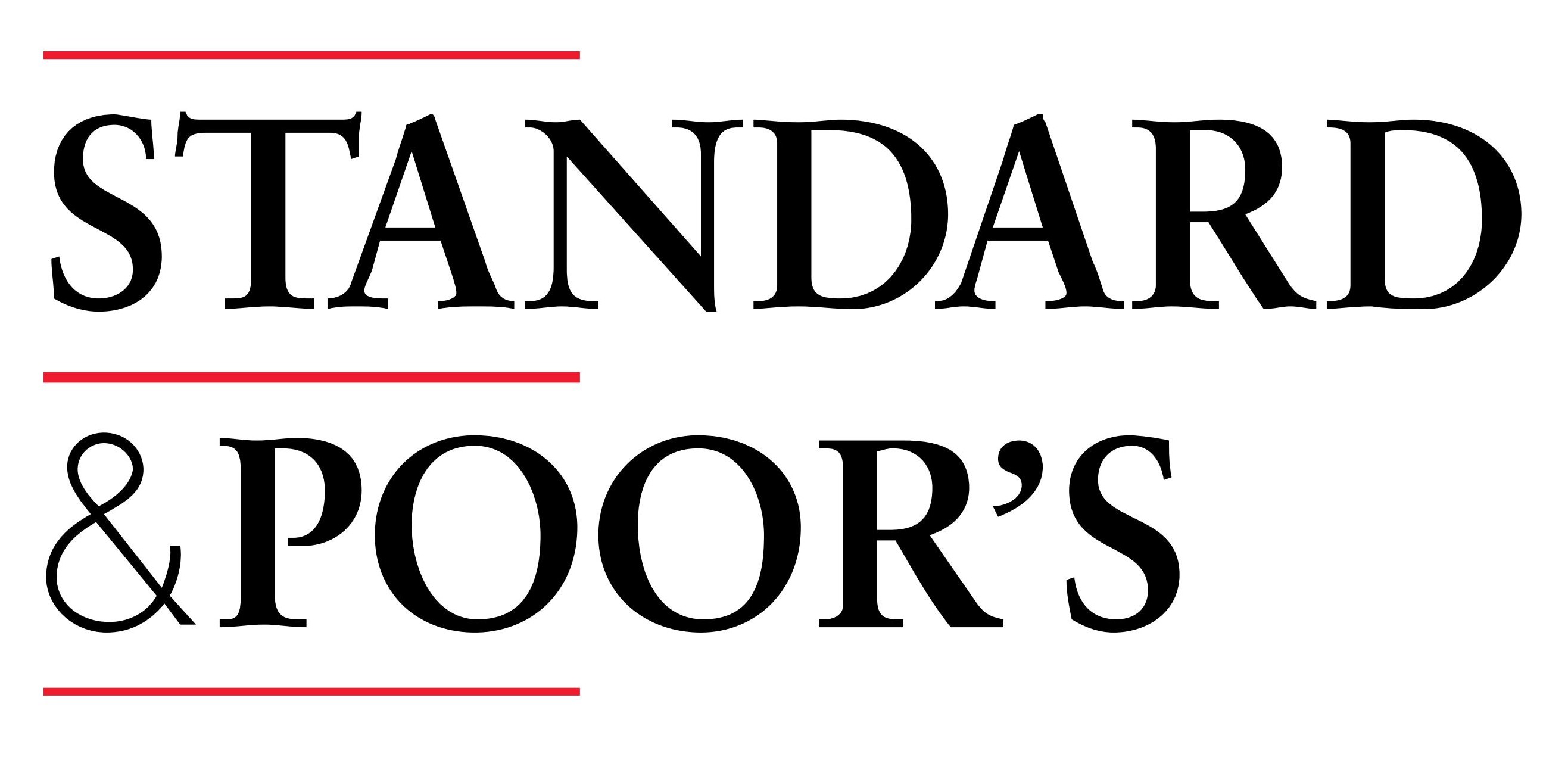Regulations And Fiscal Incentives Could Speed Islamic Finance Development In Africa , Report Says
Development of an Islamic finance industry could help Africa fund its significant infrastructure needs.
- We believe the development of an Islamic finance industry could help Africa fund its significant infrastructure needs.
- However, we think governments will take time to introduce new regulation and fiscal adjustments to foster African sukuk markets, increase investment options for potential investors, and attract a pool of Islamic liquidity.
- The involvement of major multilateral institutions could accelerate the development of African sukuk issuance, in our view.
However, a framework of regulation and fiscal adjustments will be necessary to foster African sukuk markets, provide wider investment options for potential Islamic investors, and attract a pool of Islamic liquidity, the report says.
To date, African sovereigns have issued about $1 billion of sukuk instruments, compared with global sukuk issuance of an average $100 billion per year over the past five years. Meanwhile, widening fiscal deficits and large infrastructure gaps will likely require multibillion-dollar additional financing needs over the next decade.
Experience in South Africa and Senegal has shown that a significant amount of time can elapse between a government’s announcement of intent to issue sukuk and their effective issuance, as governments gauge market interests and try to address the legal hurdles and cost of issuance.
“We believe legislation gaps are the main causes of delay between a country’s intent to issue and its effective issuance of sukuk,” said Standard & Poor’s credit analyst Samira Mensah. The success of Malaysia in South-East Asia as a hub for Islamic finance lies, among other things, in the strong regulatory framework to support the sector’s growth. Malaysia also moved quickly in 2009 to address the standardization of instruments and interpretation of Sharia law.
Tax regimes are equally important to consider when encouraging sukuk issuance. Sharia-compliant instruments require equal treatment with conventional instruments for investors to consider them. Malaysia introduced various tax incentives that made Islamic finance a cheaper economic alternative for institutions to raise funding.
However, increasing technical assistance by the Islamic Development Bank (IDB) and Islamic Corporation for the Development of the Private Sector (ICD), are gradually facilitating also sovereign sukuk issues. ”We believe that a growing interest in Islamic finance could encourage some North African countries, as well as sub-Saharan countries Cote d’Ivoire, Nigeria, and Kenya, which have fairly well developed capital markets by regional standard, to issue sukuk in the future,” said Ms. Mensah.
About Standard & Poor’s
Under Standard & Poor’s policies, only a Rating Committee can determine a Credit Rating Action (including a Credit Rating change, affirmation or withdrawal, Rating Outlook change, or CreditWatch action). This commentary and its subject matter have not been the subject of Rating Committee action and should not be interpreted as a change to, or affirmation of, a Credit Rating or Rating Outlook.
Standard & Poor’s Ratings Services, a part of McGraw Hill Financial (NYSE: MHFI), is the world’s leading provider of independent credit risk research and benchmarks. We have approximately 1.2 million credit ratings outstanding on government, corporate, financial sector and structured finance entities and securities. With nearly 1,400 credit analysts in 26 countries, and more than 150 years’ experience of assessing credit risk, we offer a unique combination of global coverage and local insight. Our research and opinions about relative credit risk provide market participants with information and independent benchmarks that help to support the growth of transparent, liquid debt markets worldwide.



























